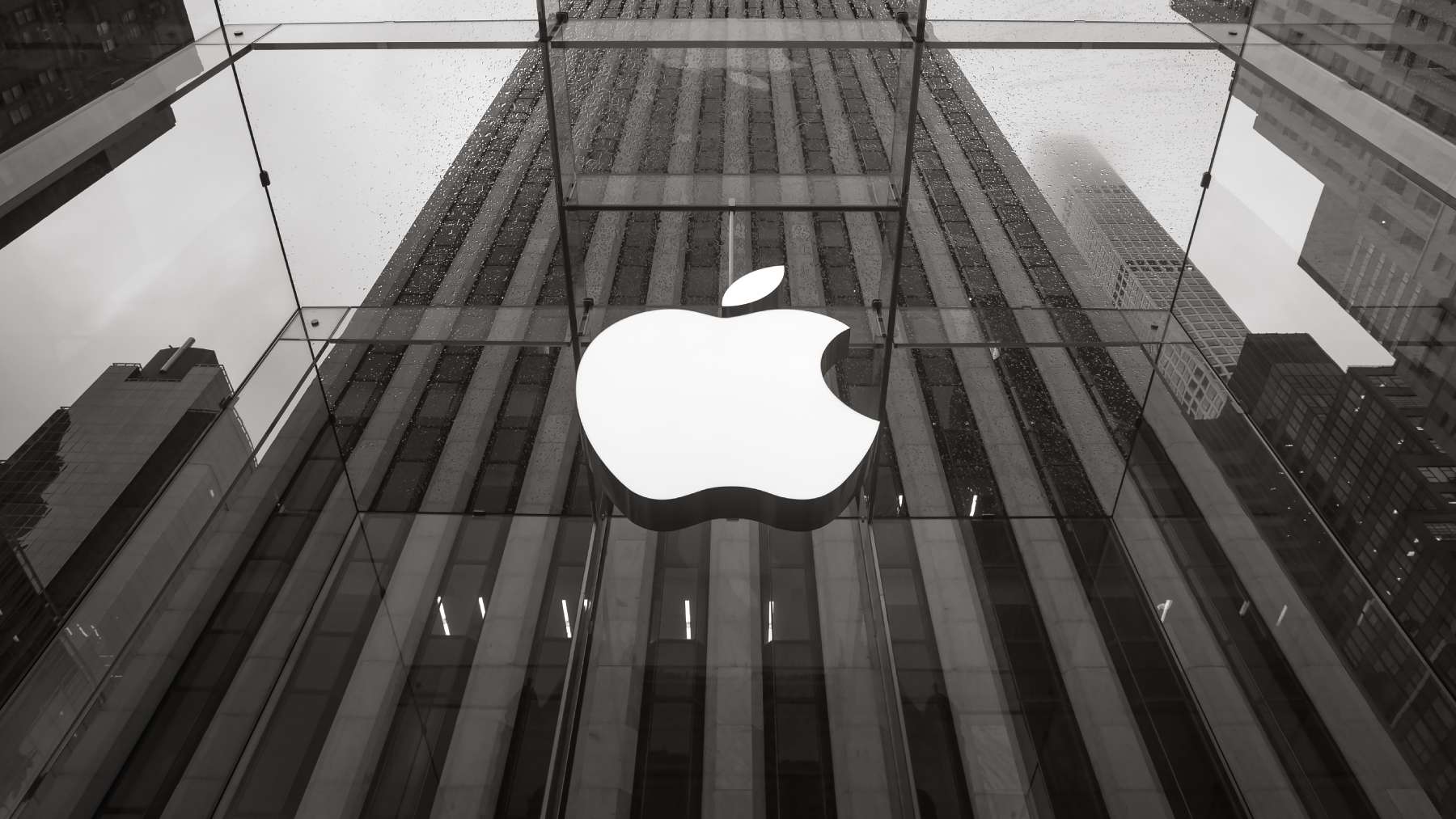
Sergey Brin, co-founder of Google and one of the key figures behind the creation of the world’s most widely used search engine, has reportedly stepped out of retirement to rejoin active development efforts at the company, with a specific focus on artificial intelligence (AI). This move underscores Google’s strategic prioritization of AI as a transformative technology fundamental to its future development.
According to company sources and recent reports, Brin has become increasingly involved over the past year in Google’s AI research and development projects. His decision to return to hands-on involvement is said to be fueled by both personal interest and the rapid advancements in the field, including the emergence of generative AI models like Google’s Gemini and competitors such as OpenAI’s ChatGPT.
Brin, who co-founded Google in 1998 with Larry Page, helped lead the company through its meteoric rise in the tech industry before stepping away from day-to-day operations in 2019 when Google restructured under its parent company, Alphabet. Alphabet’s CEO, Sundar Pichai, has since led the company through a period of significant innovation, particularly in cloud computing, AI, and hardware. However, the resurgent energy and sweeping interest in generative AI have triggered a renewed sense of urgency among tech giants to consolidate leadership in the space.
In particular, Brin is reported to have taken part in regular meetings and provided technical advice to teams working on projects such as the Gemini AI model, positioning himself as a significant guiding force as Google seeks to compete more aggressively with other AI leaders like Microsoft-backed OpenAI and Meta.
This development marks a broader trend among technology pioneers who are increasingly becoming re-engaged with their companies as the AI revolution reshapes the industry. Brin’s return could signal deeper structural support for Google’s AI ambitions and a reaffirmation of its long-term innovation culture.
While official details on Brin’s exact role and responsibilities remain limited, his involvement is expected to enhance the company’s capabilities and lend experienced oversight at a critical juncture in the evolution of AI technology.
Brin’s reappearance in Google’s core development ecosystem exemplifies the heightened strategic importance of AI across the technology sector and suggests that Google is intensifying its internal efforts to maintain its competitive edge in one of the most transformative technological arenas of the 21st century.
Source: https:// – Courtesy of the original publisher.








